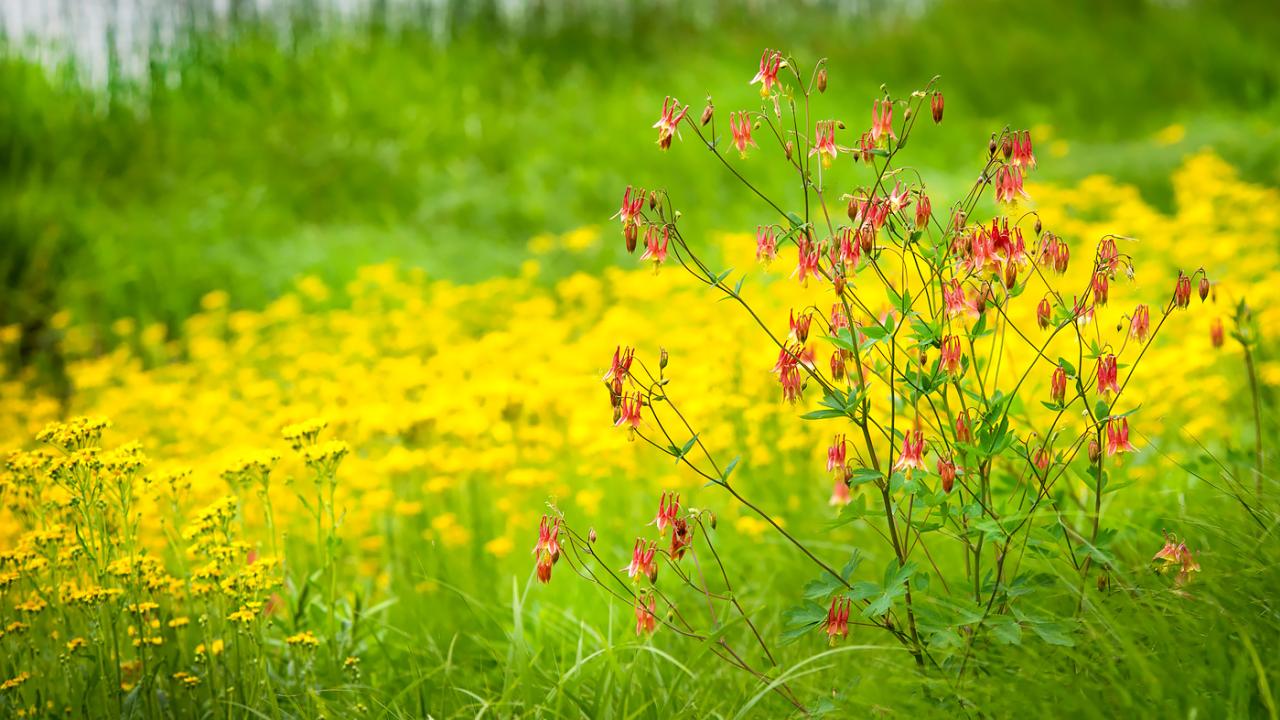

Plant Science &
Conservation
Garden Stories
We Need More Women in Science
Today, on International Women’s Day, the Chicago Botanic Garden celebrates women in science at our institution and around the world. At the Garden, 21 of our 35 scientific staff members are women and, in our graduate program in plant biology and conservation with Northwestern University, more than 70 percent of the students are female or nonbinary.
International Women’s Day, #IWD2022, celebrates the achievements of women in all fields and walks of life. It’s also a day to advance the cause of gender balance in every aspect of our lives—an equal number of men and women at workplaces, in government, in science, etc.
Unfortunately, the number of women in science is still pretty dismal. Despite earning about half the doctorates in science, only 21 percent of full science professors in the United States are women.
When students are asked to name pioneers in conservation biology, they tend to name men. Rarely do they mention some of the amazing women who have opened the door for so many of us following in their footsteps: marine biologist Rachel Carson, conservationist Marjory Stoneman Douglas, forester Mollie Beattie, and ethologist Jane Goodall, to name a few.
Implicit gender biases persist, resulting in fewer women in top positions, along with women earning less pay, winning fewer and smaller grants, and publishing fewer papers. Male-dominated symposia, meetings, and panels are so routine that they have their own hashtags: #YAMMM (Yet Another Mostly Male Meeting) and #Manel (short for “male panel”). However, as difficult as it has been for women in science generally, it has surely been much, much harder for women of color and other intersectional groups.
At the Chicago Botanic Garden, we work hard to create a pathway into science for all—especially groups historically excluded from the sciences—through our Science Career Continuum. We will continue to strive for a staff and graduate program that better reflects the diversity of our community at large, and we recognize that our ongoing commitment to diversity, equity, inclusion, and accessibility is some of the most important work we do.
On International Women’s Day, we pay tribute to women in science at the Garden, past and present:
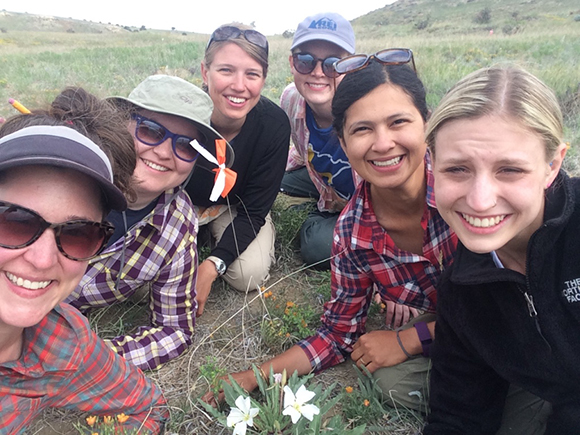
Left to right: Krissa Skogen, Ph.D., is studying hawkmoth pollination with Victoria Luizzi (Amherst College student, NSF REU student, summer 2016), Emily Lewis (former research assistant), Andrea Gruver (former research assistant), Tania Jogesh (former postdoc), and Kat Andrews (former PBC M.S. student). Dr. Skogen is a conservation scientist.
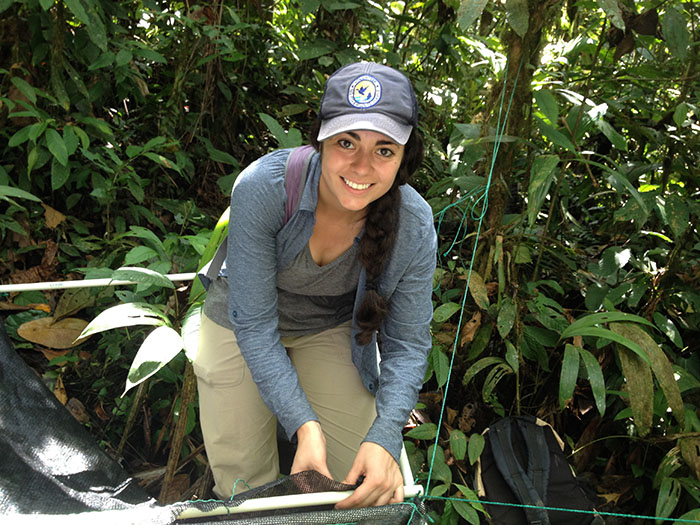
Postdoctoral researcher Zoe Diaz-Martin studies the diversity of seed rain in the Choco rainforest in northwestern Ecuador.
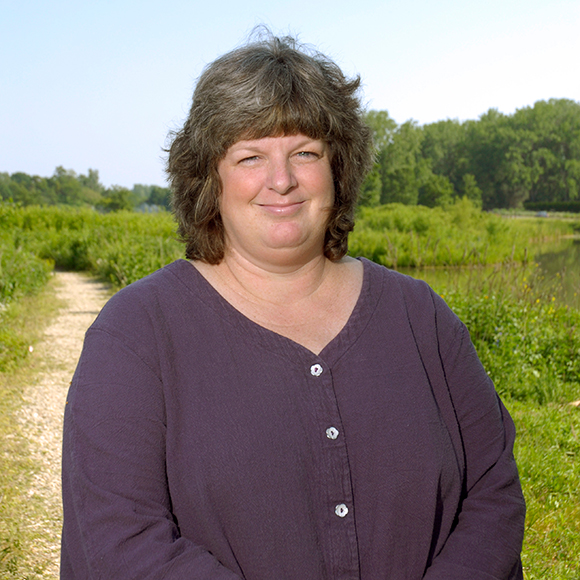
Kay Havens, Ph.D., studies rare plant conservation, restoration, pollination and plant responses to climate change.
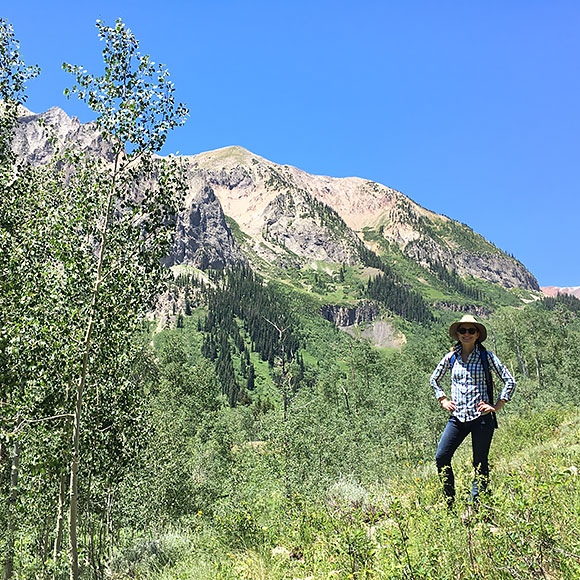
Amy Iler, Ph.D., studies how environmental changes affect plant populations, plant communities, and interactions between plants and pollinators.
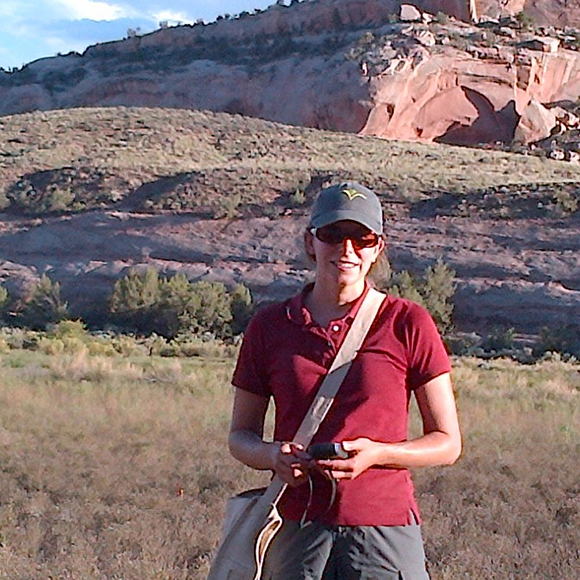
Andrea Kramer, Ph.D., conducts research on native plants to support ecological restoration that sustains people, wildlife, and the planet.
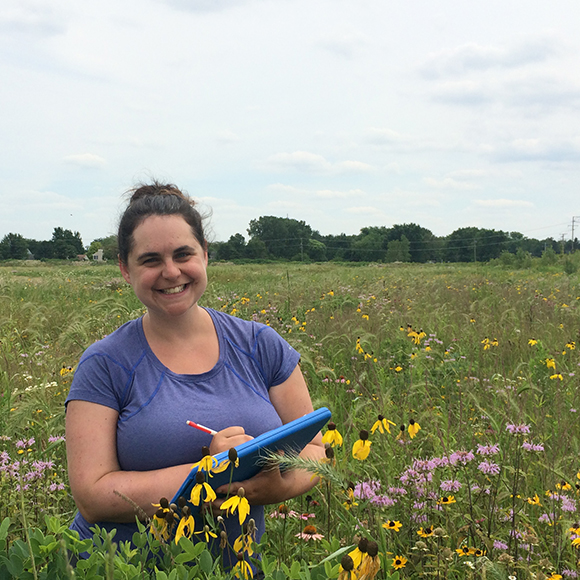
Conservation scientist Becky Barak studies plant diversity in restored tallgrass prairies.
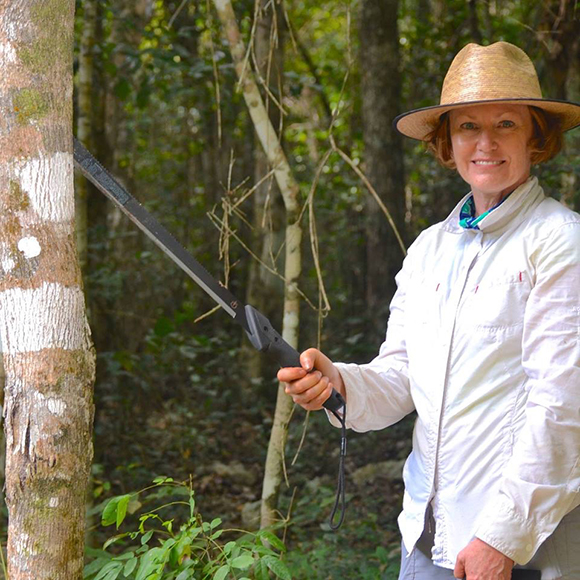
Louise Egerton-Warburton, Ph.D., does work examining soil fungal diversity and functioning and its role in ecosystem processes.
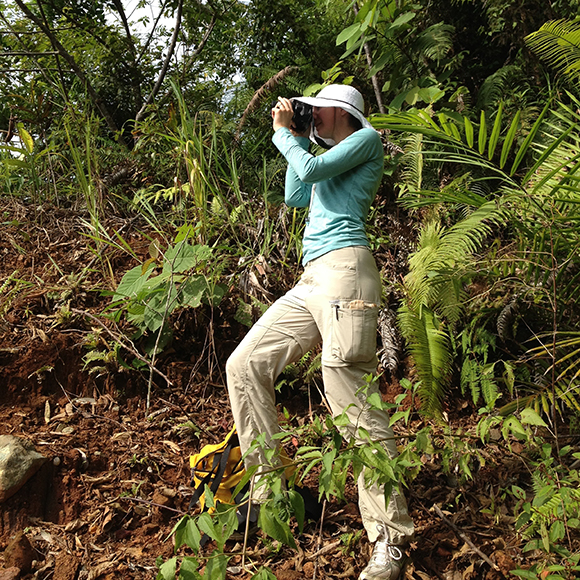
Nyree Zerega, Ph.D., studies evolution/genomics in underutilized tropical fruit trees and their wild relatives to promote and conserve food diversity.
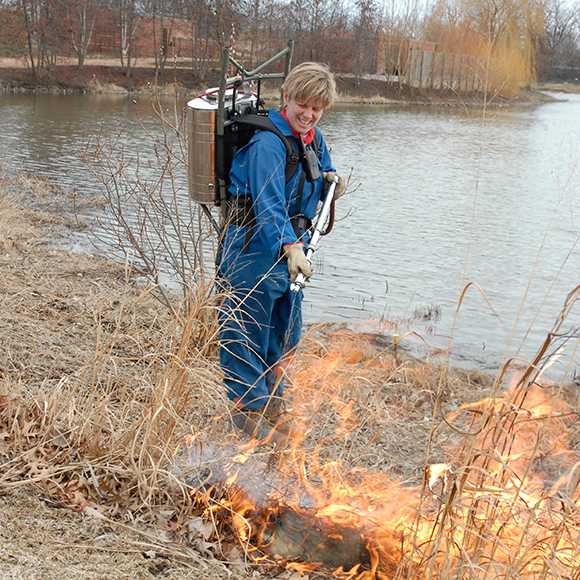
Joan O'Shaughnessy manages the Dixon Prairie at the Garden.
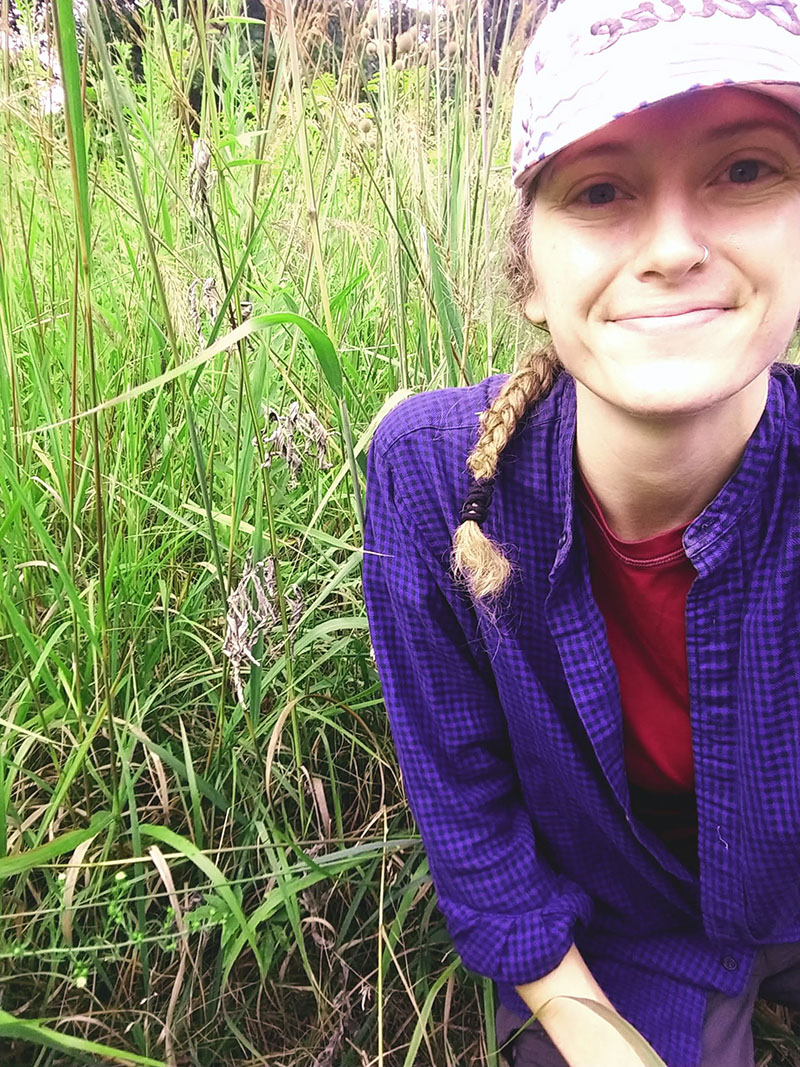
Budburst Director Emma Oschrin documents native and invasive plant species in an urban prairie in Indianapolis.

